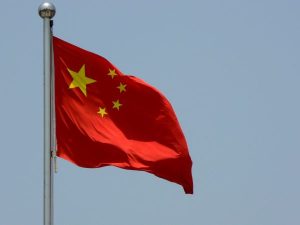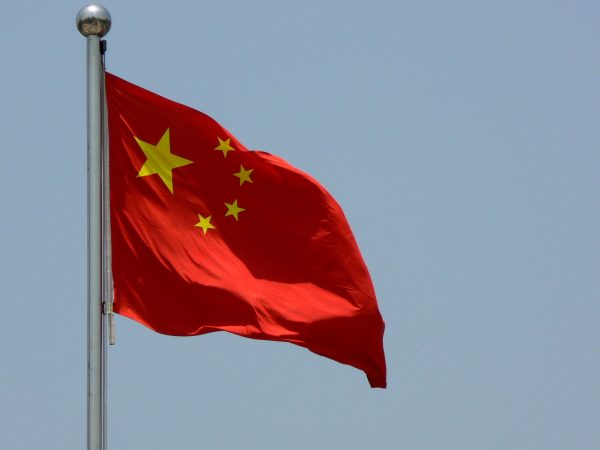In recent months, China has faced mounting criticism from Western nations regarding its export practices. This article explores China’s response to these complaints, analyzing its strategic approach and the implications for global trade dynamics. China’s Position on Export Complaints China’s official stance on the complaints raised by Western nations centers on asserting its adherence to
In recent months, China has faced mounting criticism from Western nations regarding its export practices. This article explores China’s response to these complaints, analyzing its strategic approach and the implications for global trade dynamics.
China’s Position on Export Complaints

This image is taken from google.com
China’s official stance on the complaints raised by Western nations centers on asserting its adherence to international trade rules and its commitment to fair trade practices. Chinese officials argue that accusations of unfair subsidies, currency manipulation, and dumping are unfounded and politically motivated. They emphasize China’s role as a major contributor to global supply chains and economic stability.
Response to Allegations
Chinese authorities have systematically refuted specific allegations made by Western countries. For instance, accusations of currency manipulation are countered with evidence of China’s adherence to IMF guidelines on exchange rate policies. Similarly, claims of unfair subsidies are challenged with data showcasing China’s compliance with WTO regulations on state aid and industrial policy.
Impact on Global Trade Relations
The dismissive response from China has strained its relations with Western trading partners. This dynamic has intensified trade tensions and led to retaliatory measures, such as tariffs and trade restrictions imposed by Western countries. These actions have created uncertainty in global markets and disrupted supply chains reliant on Chinese exports.
Broader Geopolitical Implications
Beyond the economic aspects, China’s dismissal of Western complaints also reflects broader geopolitical implications. It signals China’s assertiveness on the global stage, positioning itself as a key player in shaping international trade norms and policies. This stance challenges the traditional dominance of Western nations in setting global economic agendas and underscores China’s growing influence in global governance forums like the WTO and IMF.
Domestic Policy and Economic Resilience
Internally, China’s response to export complaints is intertwined with its domestic policy priorities and economic resilience strategies. The Chinese government views robust export activities as crucial for sustaining economic growth and maintaining social stability. By defending its export practices against Western criticisms, China seeks to safeguard its economic interests while navigating challenges posed by global economic uncertainties and shifting trade dynamics.
Future Outlook and Strategic Adjustments
Looking ahead, the trajectory of China’s response to Western complaints over exports will likely influence its strategic adjustments in trade policy and diplomatic engagements. China may intensify efforts to diversify its export markets, reduce dependency on Western economies, and strengthen partnerships with emerging markets and regions. Simultaneously, Western countries may reassess their trade strategies vis-à-vis China, exploring avenues for dialogue or adopting more assertive measures in response to perceived trade injustices.
Comparative Analysis: China vs. Western Economies
| Aspect | China | Western Economies |
|---|---|---|
| Trade Policy | Emphasizes adherence to international rules and norms. | Highlights concerns over alleged unfair practices. |
| Currency Management | Claims adherence to IMF guidelines. | Accuses China of currency manipulation. |
| Industrial Subsidies | Asserts compliance with WTO regulations. | Alleges China provides unfair subsidies. |
| Economic Impact | Views itself as a stabilizing force in global trade. | Perceives Chinese practices as destabilizing. |
Conclusion
China’s dismissal of Western complaints over exports underscores deeper geopolitical and economic tensions in international trade. As both sides continue to navigate these challenges, the implications for global economic stability and trade policy remain pivotal. The evolving dynamics between China and Western economies will shape future negotiations and strategies in the realm of international trade.
















